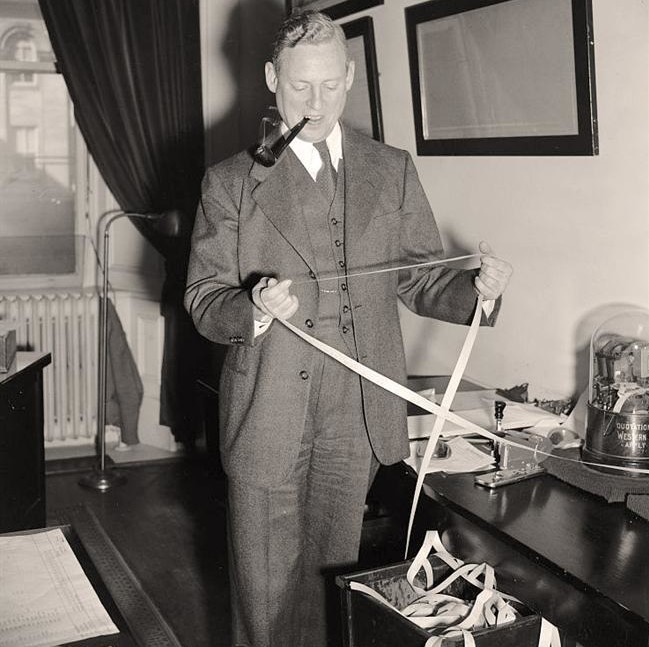- Is it worse if algorithms fishing through the polluted waters of the Internet are great at perceiving our personalities or if they’re just so much bilge? Maybe the efficacy we grant them is the problem regardless of their level of accuracy.
- After I purchased a copy of Mark Twain’s Roughing It from Amazon in 2014, the ghosts in Jeff Bezos’ machine recommended to me Prepper’s Pantry: The Survival Guide To Emergency Water & Food Storage. Missed by that much.
- In 2012, Target had eerie success in using data analysis to divine personal details, famously suggesting maternity-type purchases to a teen whose parents did not even know yet she was pregnant. But surprising insight in some cases doesn’t mean universal proficiency has been achieved.
- Online video advertising is a bubble–get people to watch three seconds and get paid!–but perhaps something similarly suspect is happening when Facebook sells your supposed personality profile and preferences. Are they really just pushing false assumptions?
- Whether we’re talking about predicting criminality based on facial features, hiring an employee or picking the next book to read, machines may seem smarter than humans, but that may not be so, at least not yet.
In one passage from “They Have, Right Now, Another You,” one of her regular excellent commentaries about our new tools and what they’ve wrought, Sue Halpern of the New York Review Books looks into the black mirror and sees something strange–a stranger. An excerpt:
While Facebook appears to be making seriously wrong and misdirected assumptions about me, and then cashing in on those mistakes, it is hardly alone in using its raw data to come to strange and wildly erroneous assumptions. Researchers at the Psychometrics Centre at Cambridge University in England have developed what they call a “predictor engine,” fueled by algorithms using a subset of a person’s Facebook “likes” that “can forecast a range of variables that includes happiness, intelligence, political orientation and more, as well as generate a big five personality profile.” (The big five are extroversion, agreeableness, openness, conscientiousness, and neuroticism, and are used by, among others, employers to assess job applicants. The acronym for these is OCEAN.) According to the Cambridge researchers, “we always think beyond the mere clicks or Likes of an individual to consider the subtle attributes that really drive their behavior.” The researchers sell their services to businesses with the promise of enabling “instant psychological assessment of your users based on their online behavior, so you can offer real-time feedback and recommendations that set your brand apart.”
So here’s what their prediction engine came up with for me: that I am probably male, though “liking” The New York Review of Books page makes me more “feminine”; that I am slightly more conservative than liberal—and this despite my stated affection for Bernie Sanders on Facebook; that I am much more contemplative than engaged with the outside world—and this though I have “liked” a number of political and activist groups; and that, apparently, I am more relaxed and laid back than 62 percent of the population. (Questionable.)
Here’s what else I found out about myself. Not only am I male, but “six out of ten men with [my] likes are gay,” which gives me “around an average probability” of being not just male, but a gay male. The likes that make me appear “less gay” are the product testing magazine Consumer Reports, the tech blog Gizmodo, and another website called Lifehacker. The ones that make me appear “more gay” are The New York Timesand the environmental group 350.org. Meanwhile, the likes that make me “appear less interested in politics” are The New York Times and 350.org.
And there’s more. According to the algorithm of the Psychometrics Centre, “Your likes suggest you are single and not in a relationship.” Why? Because I’ve liked the page for 350.org, an organization founded by the man with whom I’ve been in a relationship for thirty years!
Amusing as this is, it’s also an object lesson, yet again, about how easy it is to misconstrue and misinterpret data.•
Tags: Sue Halpern

